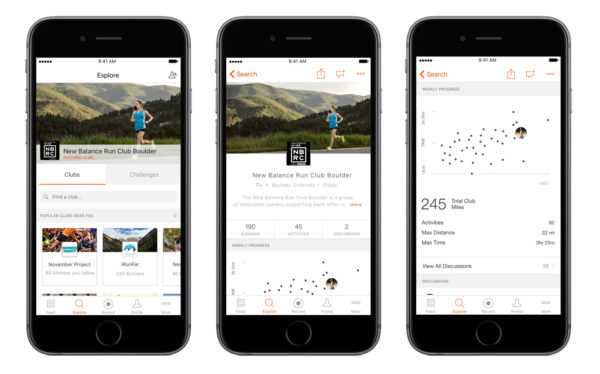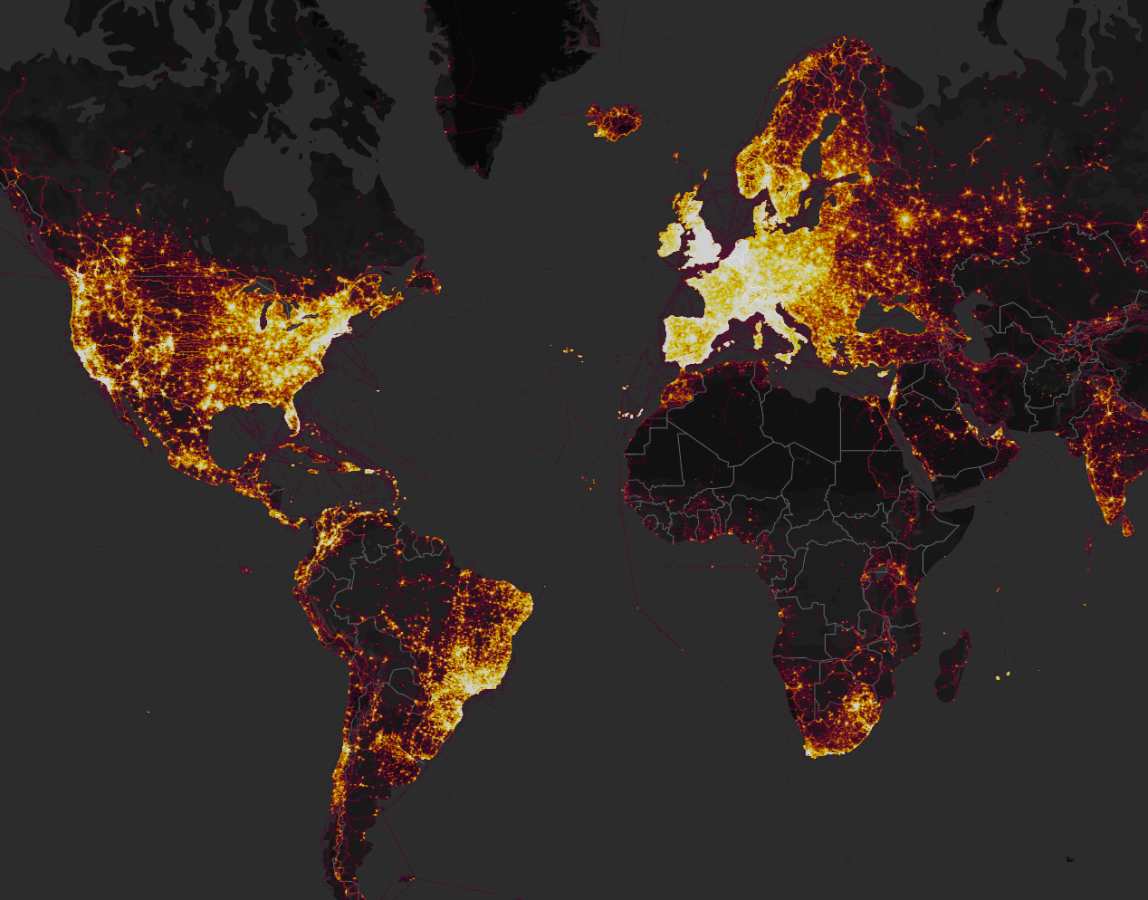Strava has just opened an expansion office in Denver, Colorado this week (with several job openings available). The fitness tracking social network’s success continues – as does our inexhaustible craving for more KOMs. So Strava needed more space to grow. With some of the best access to outdoor recreation of any US city, Denver seemed a logical choice, and came with tax incentives…
Strava opens new Denver office, and is hiring
Strava already had more than 140 employees spread across their original San Francisco, CA headquarters and offices in Hanover, NH & Bristol, UK. Now starting with 15 staff in Denver, this marks their third US location. Apparently the Colorado Front Range is starting to become known as Silicon Mountain to pair with California’s Silicon Valley. With a wealth of high-tech industry professional talent and one of the world’s most active cities, Denver gives Strava and its new employees access to running, cycling, mountain biking, skiing, paddling & climbing all out of their new backyard.
Oh, and it doesn’t hurt that the state is giving Strava a big tax break. According to The Denver Post, the Colorado Office of Economic Development and International Trade will hand Strava a $2.3 million tax credit if over the next eight years the tech company adds 89 full-time jobs averaging >$100,000 a year at the Denver office. Strava thinks they’ll hit that hiring target more quickly, planning for 90-100 CO employees within three years.
They are hiring now, too. While most of the current job openings are still at the San Fran HQ, more & more are expected in Denver.
Colorado & Strava Metro
Colorado, and Denver specifically, already have a huge Strava athlete base, so now they will get Strava professionals as well. The Colorado Department of Transportation (CDOT) is also one of the hundreds of organizations that uses Strava Metro collected data to improve urban cycling & active lifestyle networks. Strava & CDOT have so far worked with 70+ Colorado municipalities, agencies & conservation organizations to share this collected data to improve active transit at the local level. And that will certainly continue from the new base.


